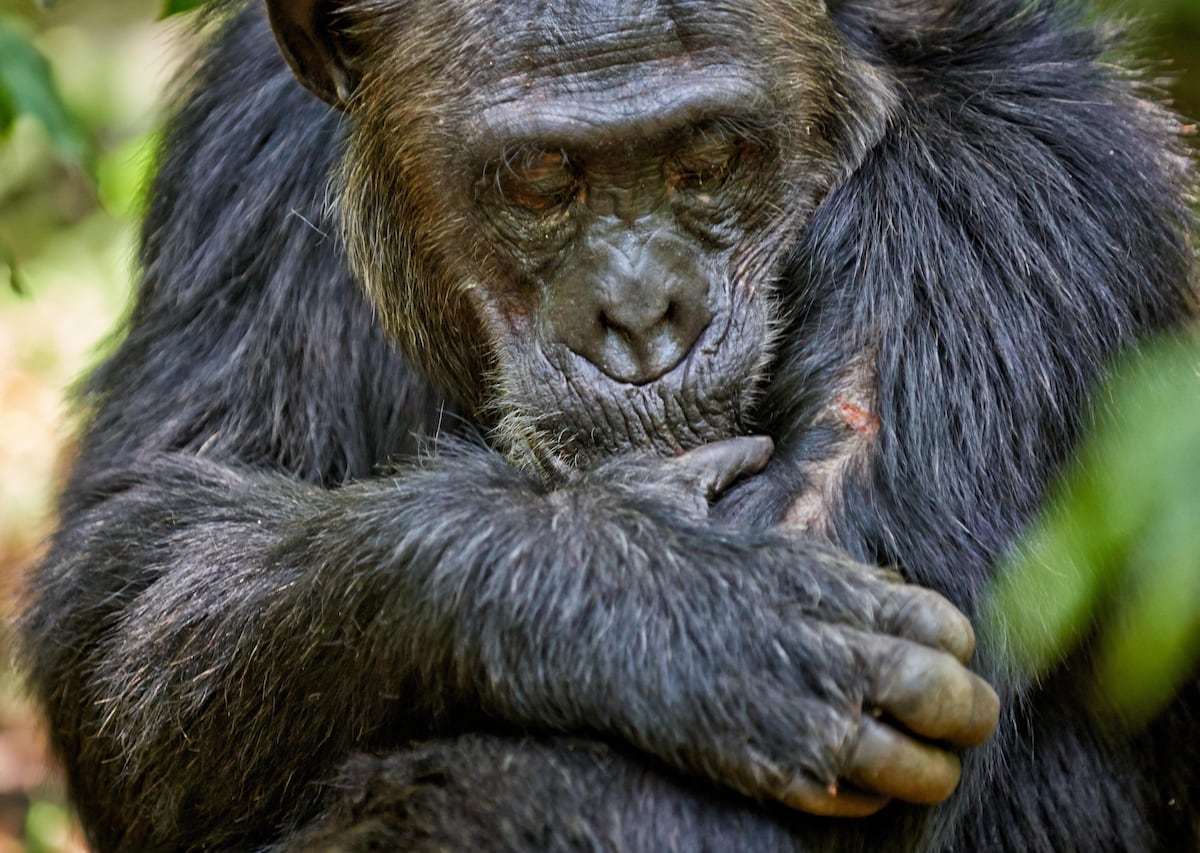
"Researchers found that human wounds take more than twice as long to heal compared to those of other mammals, highlighting a unique aspect of human biology."
"The study revealed that slow healing is not a general characteristic of mammals, but rather specifically attributed to humans."
"Michel Raymond, co-author of the study, noted ethical protocols were followed while analyzing healing rates across various species in their controlled experiments."
"The research involved monitoring the healing process in different species, including chimpanzees, monkeys, and rodents, to understand evolutionary differences."
A study published in the Proceedings of the Royal Society B reveals that human wounds heal more than twice as slowly as those of other mammals. Researchers compared healing rates among humans, chimpanzees, monkeys, and mice, concluding that this slow healing is a distinct feature of humans rather than a general mammalian trait. The research involved ethical experiments on patients and primates, where healing processes were closely monitored, highlighting significant evolutionary differences in regenerative capabilities within the animal kingdom.
Read at english.elpais.com
Unable to calculate read time
Collection
[
|
...
]